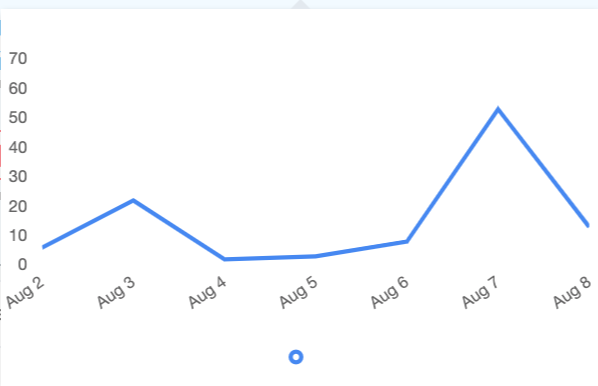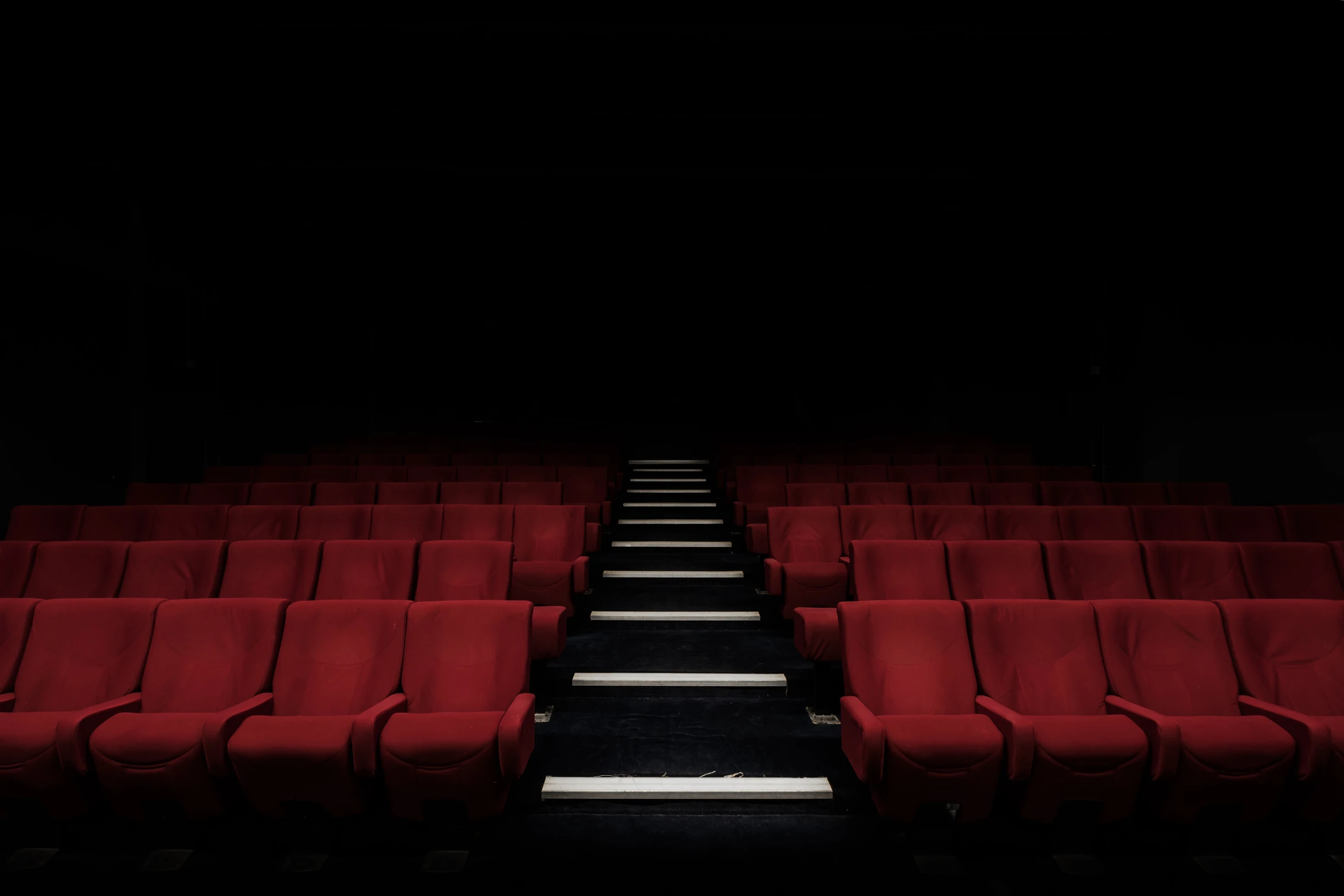The movie industry has been affected for a long time already with the release of streaming services such as Netflix, Amazon Prime, Disney+, and many more. Up until not long ago, it was thought that movies were one of the few remaining proven ways to attract new audiences and retain existing ones. However, with the release of innovations and digital technologies, it is expected that streaming services will replace movie theater releases, bringing movies into the crease of the direct-to-consumer list of industries. It seems as this long-held fear and expectation has arrived at its peak, with COVID-19 accelerating the process.
Should the industry be blaming the pandemic?
Affogata’s AI gathered all direct and indirect conversations around Covid-19 and the movie industry. People on the open web are mentioning how it was expected that the number of tickets sold for a movie release will be much lower during these times and that the film industry shouldn’t be expecting the same revenue as before the pandemic.


However, there is also an increasing surge in conversation that affirms that blaming Covid-19 is the easy path. There are two lines of thought that can be found in the open web:
The film industry is having a hard time accepting the fact that movies are not interesting enough anymore and they are only replicating other movies or doing remakes of successful blockbusters of the past.
The film industry doesn’t have enough budget anymore to make movies as good as before.

Disney vs. Scarlett Johansson
With the recent impacts of the pandemic and the changes in preference from the audience, the film industry is trying to understand how to adapt to the ‘new normal.’ It is clear that changes create instability and chaos, and this is exactly what this shift from offline to online is creating. The problem with the film industry and two-sided platforms such as streaming services is that companies need to give value and satisfy both audience’s needs. In this case, the industry moguls such as Disney are trying to satisfy the artists’ and the viewers’ needs, while also creating stable profit through a few revenue streams.
This is not something new. A few years ago, Taylor Swift had a similar feud with Spotify because she wanted to have a different strategy when releasing her 1989 album and Spotify wouldn’t let her. Moreover, the artist and the record label were complaining about low royalty fees and the control of her music. Once Spotify didn’t agree with Taylor Swift, she decided to take out all of her music from the platform. Spotify had to control the situation to prevent a snowball effect with other artists and create more flexible policies for the content creators.
With this as another example of problems with streaming services and digital technology, Scarlet Johansson has sued Disney because of an apparent breach of contract by releasing the latest movie ‘Black Widow’ on Disney+ at the same time as in movie theaters. The actress is complaining about how this decreases her pay due to her royalties on the tickets sold in theaters.
Just like with Spotify, streaming services such as Disney+ will probably have to react the same way and create deals in which movies will only be released in theaters first or actors should get a different revenue model from the streaming services. Either way, it seems like there is a big need to establish clear policies for the hybrid in-theater/online releases to prevent more PR scandals.



Is ScarJo’s lower salary based on sexism and misogyny?
At Affogata, we started to gather all positive and negative mentions around the Scarlett Johansson and Disney feud and we suddenly saw a high surge in conversations around the specific keywords of ‘sexism’ and ‘misogyny’. We saw two different peaks on August 4th and August 7th around the mentioned keywords in Hollywood.

The high peaks in conversation are based on certain Tweets from influential accounts that are accusing Disney and the film industry of another “gendered character attack” against the actress Scarlett Johansson.

Users on the open web appear to have mixed reactions. Half of the conversation gathered by Affogata agrees with the fact that there is at least some type of sexism in the way female actresses are paid in Hollywood, however, others argue that framing this as an issue of feminism is irrelevant.





The conversation reached its peak once Gabrielle Cateris, president of the Screen Actors Guild, released a statement condemning Disney’s response and calling it a “tired tactic of gender shaming and bullying.” Our platform found very influential mentions after the release on the open web, which will probably create a domino effect and will push Disney and other film companies to rethink their strategy of adjusting to the new normal.


In summary
It is evident that digital technologies are influencing the way some industries work and it is crucial for them to adapt and make changes that will give value and satisfy its audience’s needs to be able to survive. Streaming services are impacting immensely on the movie industry and it is time for the vertical to generate adjustment. With Affogata, we were able to automatically discover the most-talked-about trends and topics around the conversation and get instant visibility into the emerging industry-wide challenges.
By gathering the latest insights from millions of data points from the open web, we can see that viewers are looking for a change. They believe that the film industry needs to adjust to the new normal and that the companies need to create a model that will work both for the streaming services as well as the movie theaters. Hopefully, creating clear policies, will help satisfy both actors and viewers and therefore, establish new experiences that will ultimately benefit every stakeholder.
